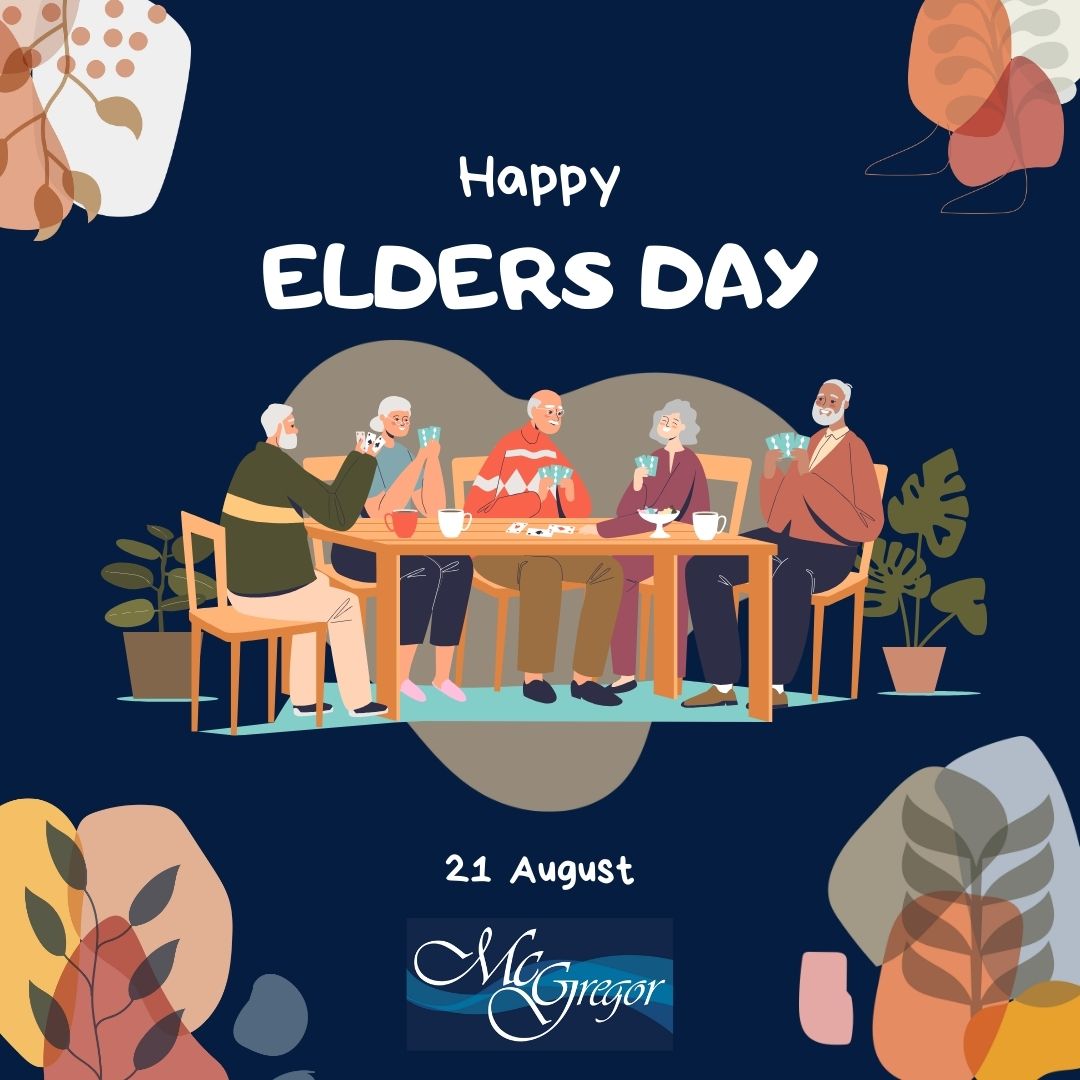Many cultures believe that the best place for an aging adult is home with their family. However, when is it time to swap that viewpoint and investigate facilities such as independent living, assisted living, and more? This question doesn’t have one universal answer, as opinions on elder care can vary greatly across different societies and traditions.

In many Asian, Hispanic, and Middle Eastern cultures, there is a strong emphasis on filial piety – the sense of obligation and respect towards caring for one’s parents and elders at home. Adult children are expected to have their aging parents live with them to provide daily care and company. Sending parents to nursing homes is often seen as deeply dishonorable. However, factors like urbanization, more women working outside the home, and challenges of elder care are causing some families to consider senior living options sensitively.
Conversely, in most Western nations the cultural mindset places higher value on individualism and independence. While caring for elders at home is still common, there is less stigma around senior living communities once home care becomes impractical or unsafe. For example, many view assisted living as an empowering choice that maximizes an older adult’s autonomy through access to care and social engagement tailored to their needs. Other cultures like in Scandinavia have normalized government-funded elder care models.
No matter the cultural background, exploring senior living options is an extremely personal decision that should carefully weigh an elder’s wishes, the family’s circumstances, financial considerations, and caregiver obligations. What remains universal is showing respect through making choices that preserve quality of life and dignity as our loved one’s age.
On Elders Day, it’s vital to have open discussions free of judgement to determine living solutions that honor your family’s unique values and needs.
#EldersDay
submitted: The Different Cultures Opinions on Facilities, Kat Eddy, Marketing & Communications Intern


